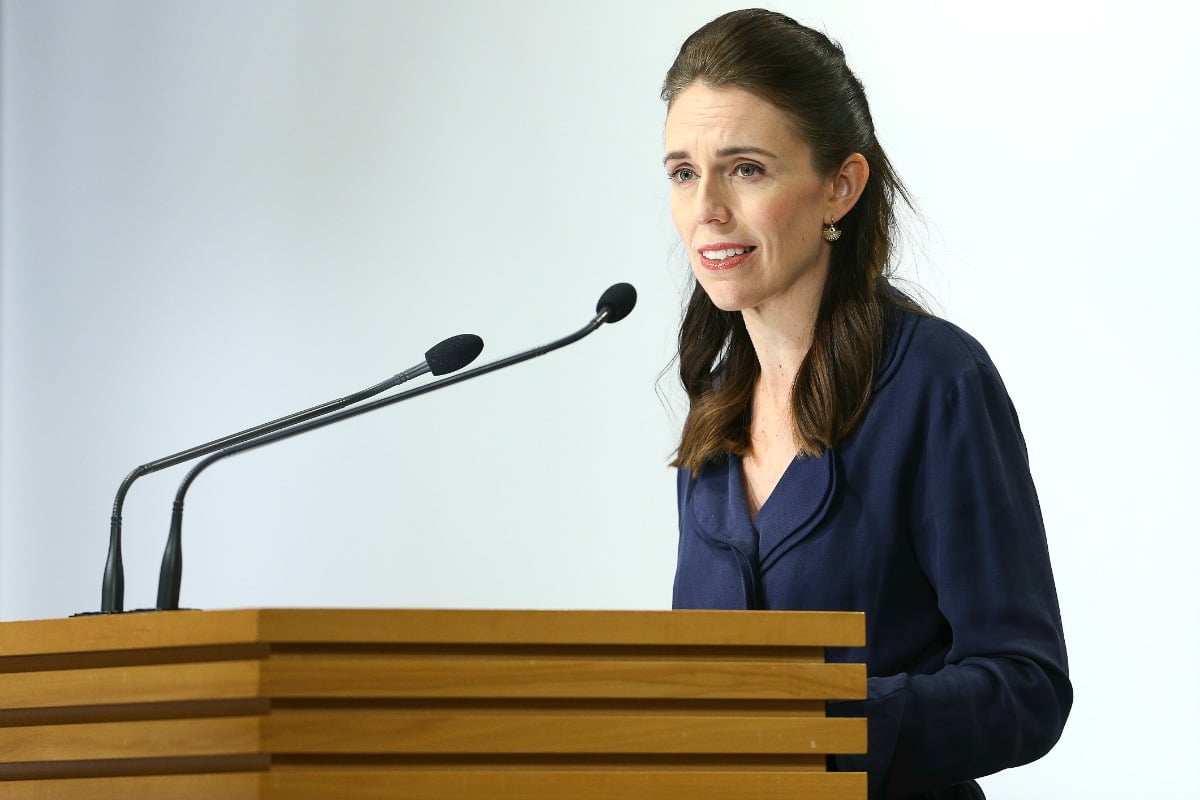
Imagine, if you can, what it’s like to make decisions on which the lives of tens of thousands of other people depend. If you get things wrong, or delay deciding, they die.
Your decisions affect the livelihoods of hundreds of thousands of people, resulting in huge economic disruption, mass layoffs and business closures. Imagine you must act quickly, without having complete certainty your decisions will achieve what you hope.
Now imagine that turning your decisions into effective action depends on winning the support of millions of people.
Watch: Celebrities are getting creative in isolation. Post continues below.
Yes, you do have enforcement capacity at your disposal. But success or failure hinges on getting most people to choose to follow your leadership – even though it demands sudden, unsettling, unprecedented changes to their daily lives.
This is the harsh reality political leaders around the world have faced in responding to COVID-19.
As someone who researches and teaches leadership – and has also worked in senior public sector roles under both National and Labour-led governments – I’d argue New Zealand’s Prime Minister Jacinda Ardern is giving most Western politicians a masterclass in crisis leadership.
Three communication skills every leader needs
When it comes to assessing New Zealand’s public health response, we should all be listening to epidemiologists like Professor Michael Baker. On Friday, Baker said New Zealand had the “most decisive and strongest lockdown in the world at the moment” – and that New Zealand is “a huge standout as the only Western country that’s got an elimination goal” for COVID-19.





























































































